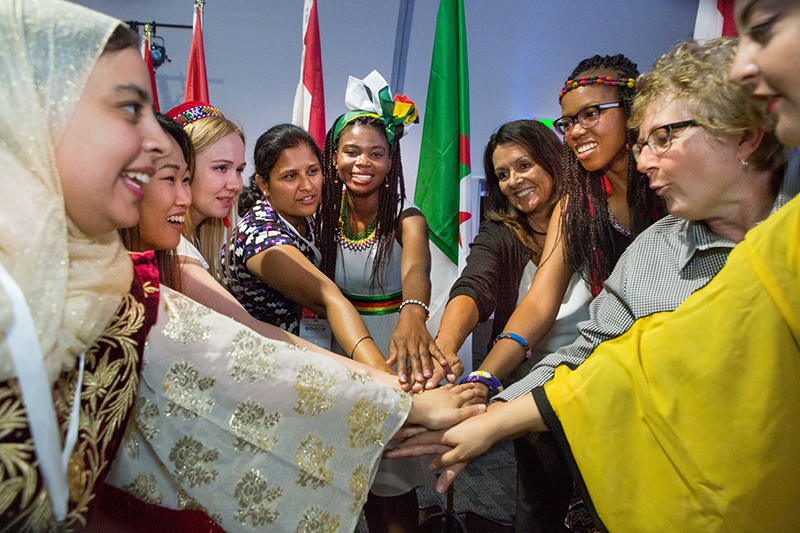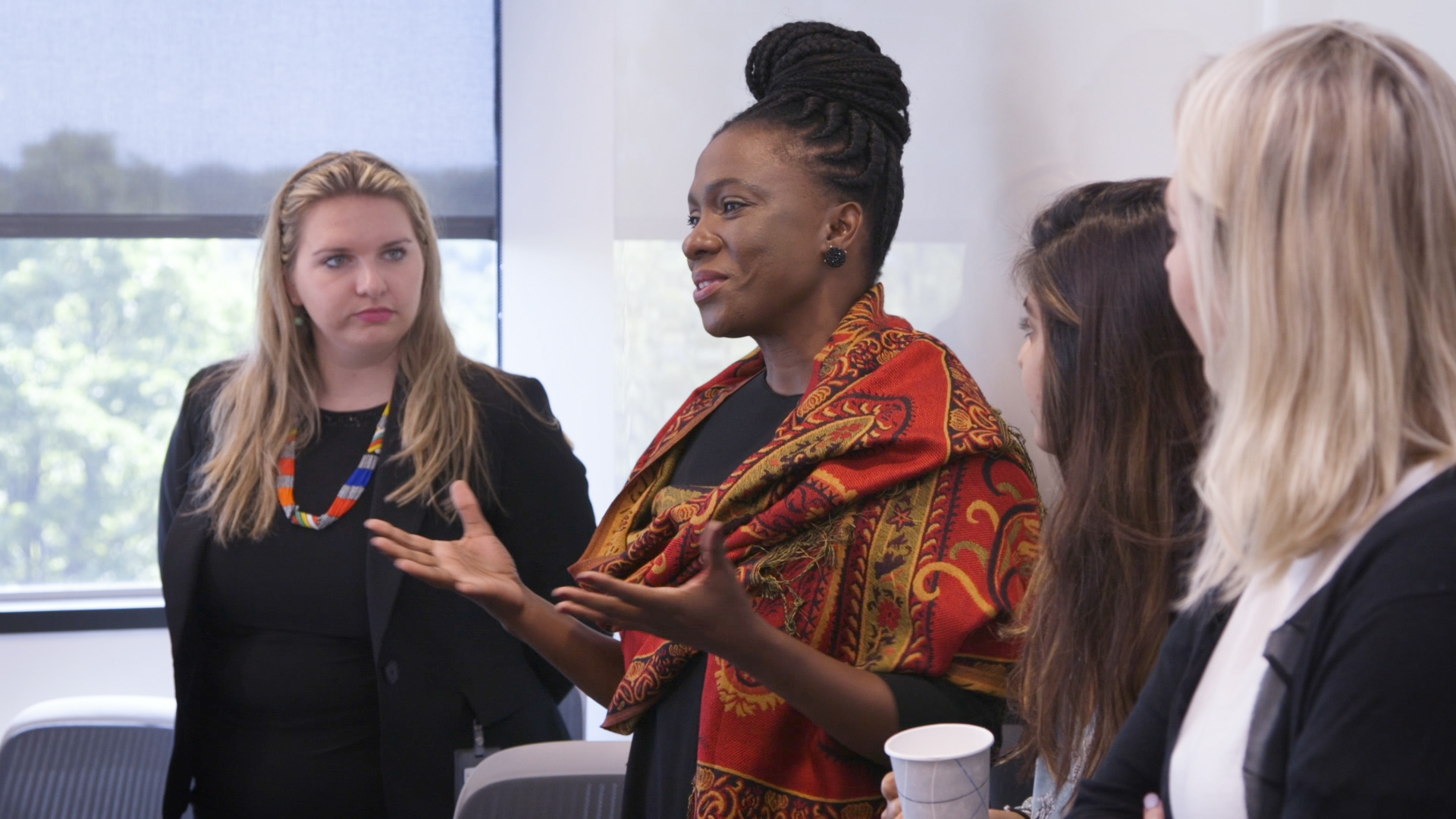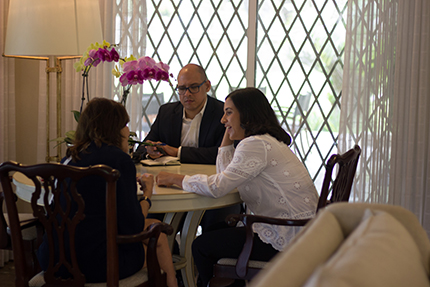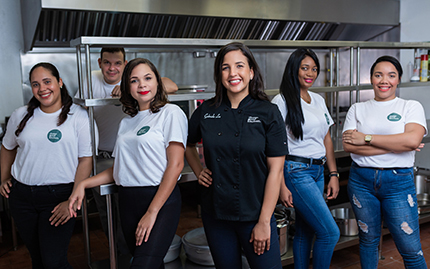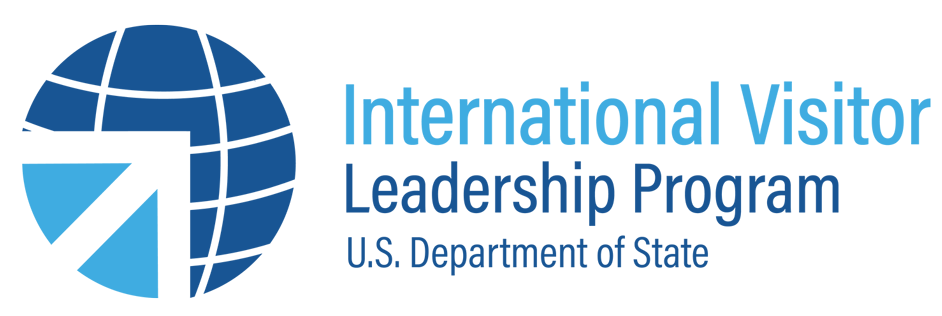Cultural Property Advisory Committee will meet October 27-29, 2020, to review the request by the Government of the Federal Republic of Nigeria seeking import restrictions on archaeological and ethnological material. The Committee will also review the proposed extensions of the cultural property agreement with the Government of the Hellenic Republic and the cultural property agreement with the Government of the Plurinational State of Bolivia. The Committee invites public comment on the new request and the proposed extensions. The public may provide written comment in advance and/or register to participate in the virtual open session of the meeting on October 27, 2020, at 2:00 p.m. EDT.
Nigeria Request Summary
The Government of the Federal Republic of Nigeria has requested U.S. import restrictions on archaeological and ethnological material from Nigeria. This request was submitted pursuant to Article 9 of the 1970 UNESCO Convention on the Means of Prohibiting and Preventing the Illicit Import, Export and Transfer of Ownership of Cultural Property as implemented by the Convention on Cultural Property Implementation Act. Nigeria requests U.S. import restrictions on archaeological and ethnological material. The archaeological materials requested include terracotta (figurines and vessels), bronze (vessels, insignia of office, staffs, staff heads, plaques, and ornaments), stone (carved figurines, funerary markers), ceramics, and carved ivory and wood. The ethnological materials requested include metal (staffs), leather (masks), manuscripts, wood (masks and figurines) used in religious activities, part of community or ancestral shrines, and/or royal activity.
Greece Extension Summary
An extension of the Memorandum of Understanding Between the Government of the United States of America and the Government of the Hellenic Republic Concerning the Imposition of Import Restrictions on Categories of Archaeological and Byzantine Ecclesiastical Ethnological Material through the 15th century A.D. of the Hellenic Republic will be considered. The Government of the Hellenic Republic has requested that the agreement be amended to include post-Byzantine archaeological material and ethnological material dating up to A.D. 1830. A history of U.S. actions concerning the agreement can be found on the Current Import Restrictions Page
Bolivia Extension Summary
An extension of the Memorandum of Understanding Between the Government of the United States of America and the Government of the Republic of Bolivia Concerning the Imposition of Import Restrictions on Archaeological Material from the Pre-Columbian Cultures and Certain Ethnological Material from the Colonial and Republican Periods of Bolivia will be considered. A history of U.S. actions concerning the agreement can be found on the Current Import Restrictions Page
The Review Process
The State Department follows these procedures as it considers cultural property agreements. The State Department considers import restrictions for materials that meet the definitions in the Convention on Cultural Property Implementation Act. See our website for more information.
Comments on the Nigeria Request, and Greece and Bolivia Extensions
Public comments on Nigeria’s request and the possible extensions of the cultural property agreements with Greece and Bolivia should focus on the four determinations described at https://eca.state.gov/cultural-heritage-center/cultural-property-advisory-committee/foreign-government-requests. All comments must be submitted in writing no later than October 13, 2020, at 11:59 p.m. (EDT). Use regulations.gov, enter docket DOS-2020-0036, and follow the prompts to submit written comments. Please submit separate comments for each country.
Join in the Virtual Open Session
The virtual open session of the Committee meeting will be held on October 27 at 2:00 pm EDT using Zoom, a web conferencing service. The open session will start with a brief presentation by the Committee, after which public participants will comment on the new request and possible extensions, and answer questions from the Committee. Time permitting, participants may be asked to provide additional oral comments for no more than five (5) minutes per participant. Due to time constraints, it may not be possible to accommodate all who wish to speak.
Anyone may observe and/or participate. If you are new to Zoom, these tips will help you get started. If needed, please request reasonable accommodation no later than October 20 by contacting the Bureau of Educational and Cultural Affairs at culprop@state.gov. Requests made after that date may be considered, but it may not be possible to fulfill them.
To Participate
Participants in the open session can speak and may be asked questions by the Committee. If you wish to participate and want to be guaranteed a slot, you must request to be scheduled by October 20, 2020, via email (culprop@state.gov). Please submit your name and organizational affiliation in this request. After you pre-register, you will receive a unique link and instructions on how to participate via email.
To observe
Observers can watch the open session, but they cannot speak. It is not necessary to pre-register to observe.
To join as an observer:
Click the link to join the webinar: https://statedept.zoomgov.com/j/1610292443
Or by Telephone:
Dial (for higher quality, dial a number based on your current location):
US: +1 669 254 5252 or +1 646 828 7666
Webinar ID: 161 029 2443
International numbers available: https://statedept.zoomgov.com/u/adc0FAqazp


